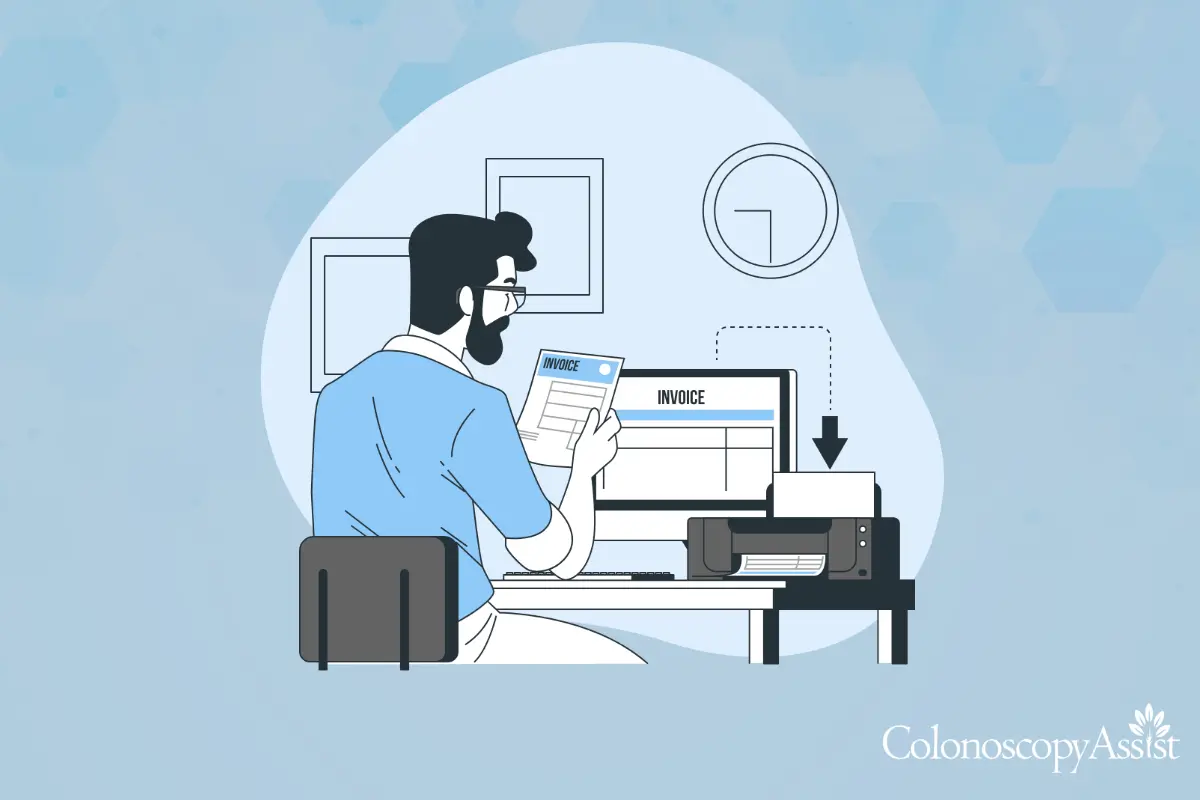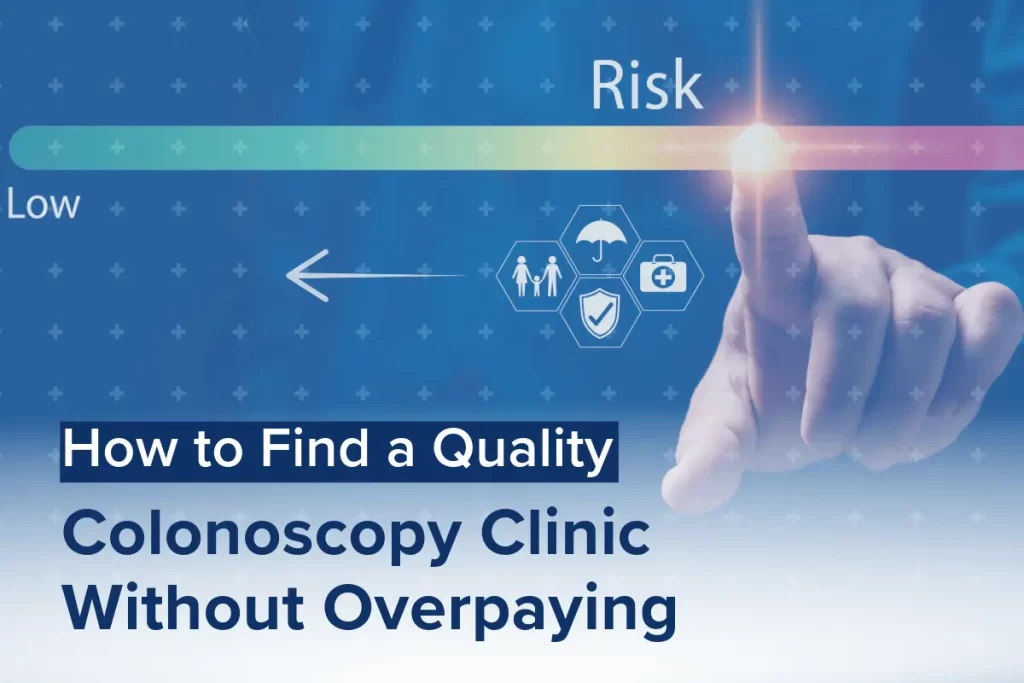Table of Contents
ToggleSchedule Your Procedure Today
- All-Inclusive Service
- Board-Certified Physicians
- Transparent Pricing
Finding the right colonoscopy clinic isn’t something most people think about, until they need one.
Which clinic should you go with? The one with the best reviews? The cheapest option? Does it really matter where you go, as long as you get the screening?
The truth is, it does matter. A colonoscopy is only as good as the provider performing it. Choosing the right clinic means accurate results, a smooth experience, and no surprise costs, all of which make a big difference.
So, how do you pick the best one? Let’s break it down, from accreditation and technology to cost, insurance, and patient experience, so you can schedule your screening colonoscopy without overpaying.
What to Look for in a Colonoscopy Clinic

Not all colonoscopy providers offer the same level of care, technology, or pricing transparency. Here are the most important things to check before scheduling your screening.
1. Accreditation and Credentials
A colonoscopy is a medical procedure that requires skill, precision, and adherence to strict safety guidelines. To ensure your screening is performed at a high-quality facility, check for proper accreditation and board-certified doctors.
- Make sure the clinic is accredited by recognized healthcare organizations, such as the Joint Commission or AAAHC (Accreditation Association for Ambulatory Health Care).
- The gastroenterologists performing the procedure should be board-certified, meaning they have undergone specialized training in colonoscopies and digestive health.
2. Experience and Reputation
A colonoscopy is only as good as the expert performing it. Experience matters, not just for safety but also for accuracy in detecting early signs of colorectal cancer.
- Choose a facility with highly experienced providers, a good sign is a clinic that performs a high volume of colonoscopies each year.
- Check the number of procedures performed annually, clinics that perform more colonoscopies tend to have higher accuracy rates. You can access this info by using U.S. News & World Report’s Doctor Finder or your healthcare provider website.
- Read patient reviews on Google, Healthgrades, and RateMDs to see real experiences with the clinic.
3. Technology and Equipment
The quality of technology and equipment used in a colonoscopy can directly impact the accuracy of your results. Outdated tools may fail to detect small polyps or abnormalities, increasing the risk of missed early-stage cancers.
- Modern, high-resolution imaging technology ensures a more accurate and comfortable procedure.
- Clinics using AI-assisted detection tools or high-definition endoscopy systems can improve the early detection of polyps and colorectal cancer.
4. Hygiene and Safety Protocols
Sanitation and infection control should be a top priority at any medical facility, especially one performing invasive procedures like a colonoscopy. Ensuring that your clinic follows strict hygiene protocols reduces the risk of complications, infections, or cross-contamination.
- The clinic should strictly follow sanitation and infection control standards, especially for sterilizing equipment between patients.
- Don’t hesitate to ask about COVID-19 safety protocols or other infection prevention measures if you have concerns.
Cost and Insurance Considerations

The cost of a colonoscopy varies widely depending on the facility, provider, and insurance coverage. Some clinics charge all-inclusive rates, while others break down fees into separate costs for anesthesia, pathology, and facility use.
1. Cost Transparency
Many clinics don’t clearly list their pricing, which can lead to surprise bills after the procedure. Before booking, ask:
- What is included in the total price?
- Are anesthesia and pathology fees included?
- Are there any additional costs if polyps are found and removed?
2. Insurance Coverage
- Does the clinic accept your insurance plan?
- Does your insurance cover the full cost or require a co-pay?
- Ask if they offer payment plans for any uncovered expenses.
3. Self-Pay and Uninsured Options
If you don’t have insurance, look for clinics offering affordable self-pay rates. Programs like ColonoscopyAssist provide flat-rate, low-cost screenings with no hidden fees.
| Cost Factor | Why It Matters |
|---|---|
| Transparent Pricing | Avoid unexpected medical bills. |
| Insurance Coverage | Verify co-pays, deductibles, or full coverage. |
| Self-Pay Options | Affordable screenings for uninsured patients. |
Location and Convenience

A clinic’s location and scheduling availability can make a big difference in your experience.
1. Clinic Accessibility
- Choosing a clinic close to home can reduce stress on the day of the procedure.
- If you need a ride home after sedation, consider how easily a friend or family member can pick you up.
2. Appointment Availability
- Some clinics have long wait times, while others offer same-week or next-week availability.
- Ask if they offer early morning, evening, or weekend appointments for added convenience.
3. Aftercare and Follow-Ups
- A good clinic provides clear post-procedure instructions and is available for follow-up questions if needed.
Low-Cost, High-Quality Colonoscopies for Uninsured Patients
Finding an affordable colonoscopy without insurance can be challenging, but affordability shouldn’t mean sacrificing quality, safety, or accuracy.
Here’s how ColonoscopyAssist ensures you get the best care while keeping costs low:
| Factor | Why It Matters |
|---|---|
| Accredited and Experienced Providers | All partner clinics hold valid accreditation or equivalent certification, ensuring compliance with strict healthcare standards. Each facility has a proven track record of delivering consistent and reliable patient care. |
| Independent, Patient-Focused Clinics | We partner with independent facilities, not large hospital systems, so you receive personalized attention in a setting that prioritizes patient care over corporate policies. |
| State-of-the-Art Equipment | Our partner clinics use modern, high-quality diagnostic tools to ensure accurate and effective screenings, improving early detection of colorectal cancer and polyps. |
| Highly Trained, Board-Certified Specialists | Every provider in our network is board-certified, ensuring that your screening is performed and reviewed by qualified experts committed to the highest standards of care. |
| Strong Patient Reputation | We carefully vet clinics based on real patient reviews, so you can feel confident in the quality of care you’ll receive. Our providers are known for positive patient experiences, from compassionate staff to a smooth, stress-free procedure. |
Final Thoughts: Make the Right Choice for Your Health
Choosing the right colonoscopy clinic doesn’t have to be stressful. By focusing on experience, cost transparency, convenience, and patient care, you can find a trusted provider that makes your screening smooth and worry-free.
✔ Compare costs and check for hidden fees.
✔ Verify the clinic’s accreditation, technology, and provider experience.
✔ Look for patient-friendly facilities that prioritize comfort and care.
✔ Consider ColonoscopyAssist for an affordable, high-quality screening.
Don’t delay, book your colonoscopy with a trusted provider today.
Disclaimer: The information provided in this blog is for informational and educational purposes only and should not be used as a substitute for professional medical advice, diagnosis, or treatment.
EXCELLENT rating
Based on 2125 reviewsTrustindex verifies that the original source of the review is Google. I was referred to ColonoscopyAssist through my healthcare sharing ministry. They communicated with me every step of the way and were a lower-cost solution to getting a colonoscopy since my preventative screenings aren't covered. I got mine done through a very reputable endoscopy group and they were wonderful.Trustindex verifies that the original source of the review is Google. The entire process was seamless and the staff was friendly and professional. Overall. I had a wonderful experience at your facility.Trustindex verifies that the original source of the review is Google. After the initial, sign up with ColonscopyAssist, it took about 2-3 weeks to get a call from doctors office and appt was 2 weeks later. Everything went smoothly, the doctor was not personable but was professional. Glad it is done. Now my husband has peace of mind.Trustindex verifies that the original source of the review is Google. Simple and easy with great savings.Trustindex verifies that the original source of the review is Google. ColonoscopyAssist was very helpful, responsive, and made the process happen smoothly, not to mention made the procedure much more affordable.Trustindex verifies that the original source of the review is Google. This was as easy as it could have been! Competent and Professional are words that come to mind. This is a great program. From beginning to end it proceeded without a glitch!Trustindex verifies that the original source of the review is Google. Everything worked well before, during and after procedure. Got lots of information. Only ask to upgrade the guide when people are taking tables and not a liquid prep.Trustindex verifies that the original source of the review is Google. very professional and friendly service, everything was organized and I was advised on all the steps. they made this process simple.


















